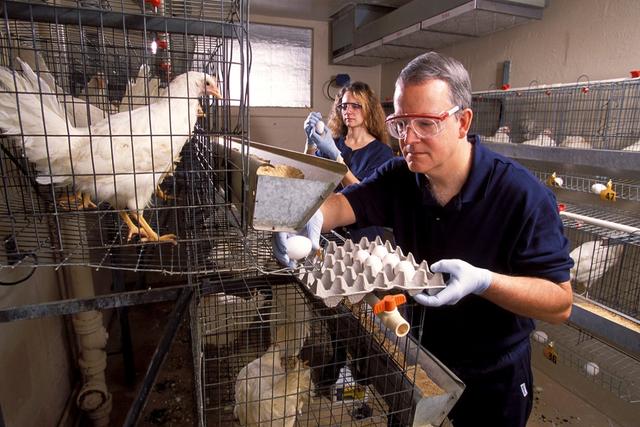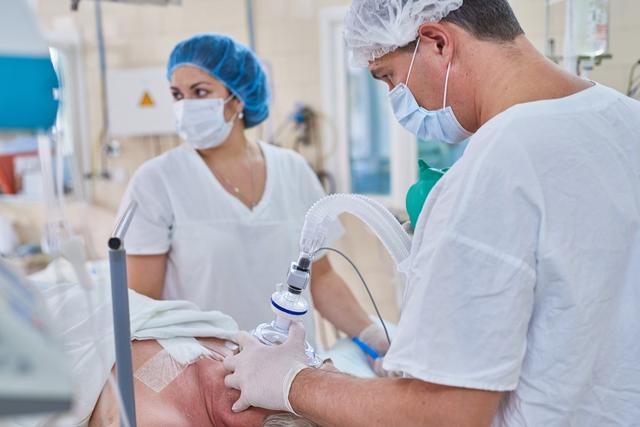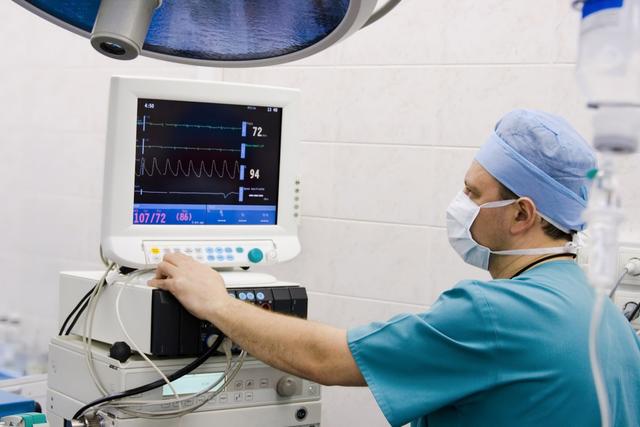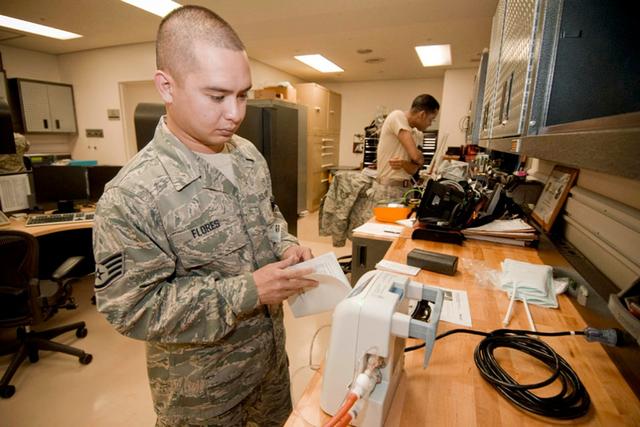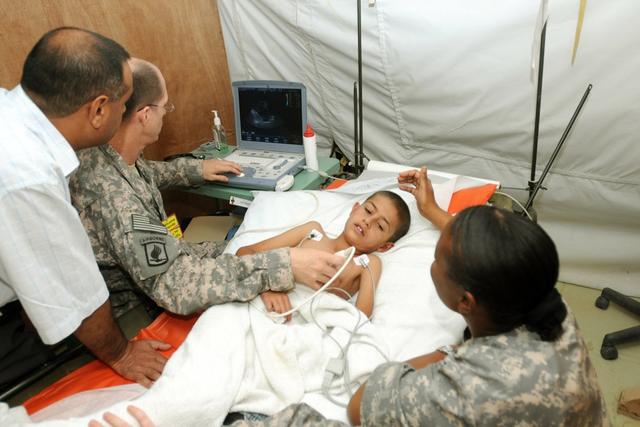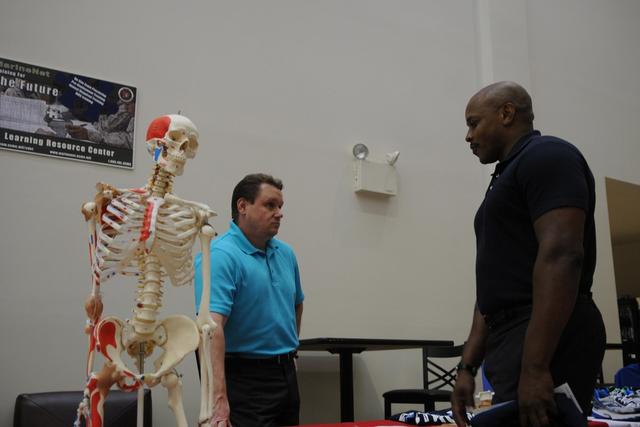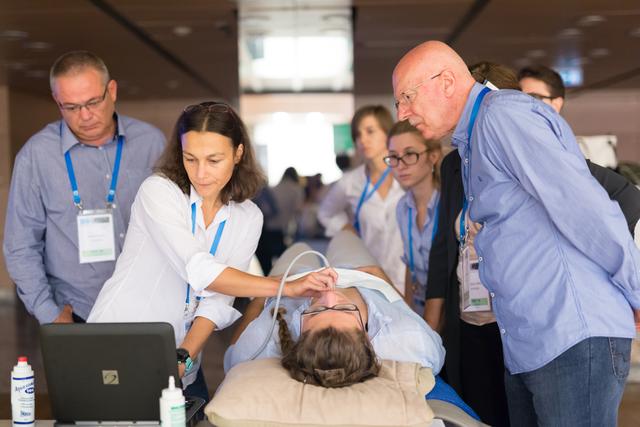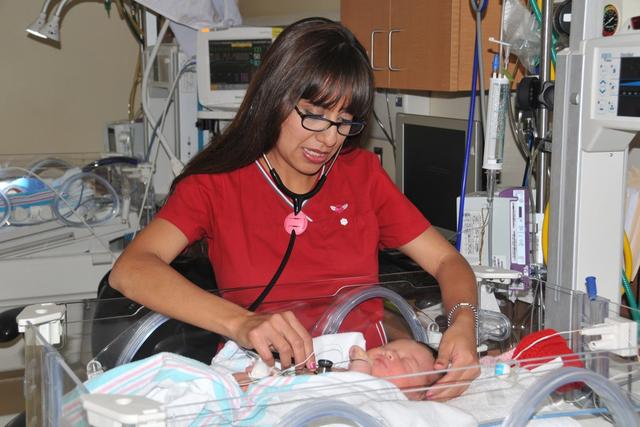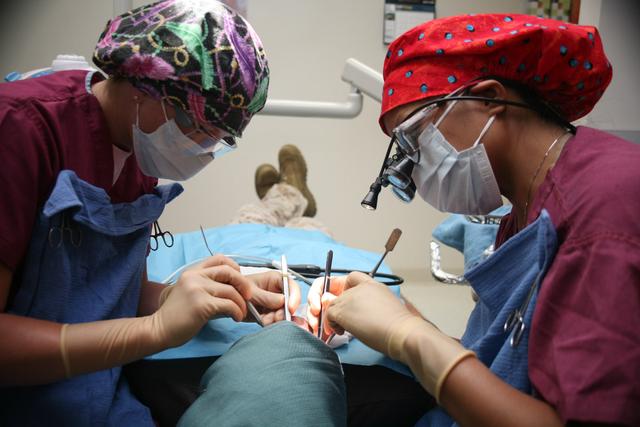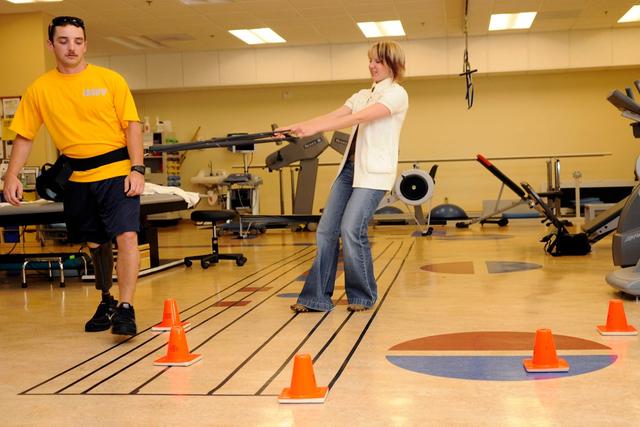Nuclear Medicine Technologists
Overview
Introduction
Nuclear medicine technologists prepare and administer chemicals known as radiopharmaceuticals (radioactive drugs) used in the diagnosis and treatment of certain diseases. These drugs are administered to a patient and absorbed by specific locations in the patients body, thus allowing technologists to use diagnostic equipment to image and analyze their concentration in certain tissues or organs. Technicians also perform laboratory tests on patients blood and urine to determine certain body chemical levels. There are approximately 19,3...
Quick Facts
Median Salary
Employment Prospects
Minimum Education Level
Experience
Skills
Personality Traits
Earnings
Naturally, individual earnings vary based on factors such as a persons level of education and experience. Also, those who work overtime and on-call can add to their yearly income. The U.S. Department of Labor reports that the median annual salary for all nuclear medicine technologists was $77,950 in May 2019. The lowest paid 10 percent of technologists earned less than $56,560 annually, and the...
Work Environment
Nuclear medicine technologists usually set their own schedules and can expect to work 35 to 40 hours a week, although larger hospitals often require overtime. Night and weekend work can also be expected. Because the job usually takes place inside a hospital or other health care facility, the environment is always clean and well lighted. The placing or positioning of patients on the diagnostic e...
Outlook
According to the U.S. Department of Labor, employment of nuclear medicine technologists will grow at a faster than average rate through 2028. Advances in medical diagnostic procedures could lead to increased use of nuclear medicine technology in the diagnosis and treatment of more diseases, including cancer treatment and cardiology. In addition, as the countrys population ages, there will be a ...

